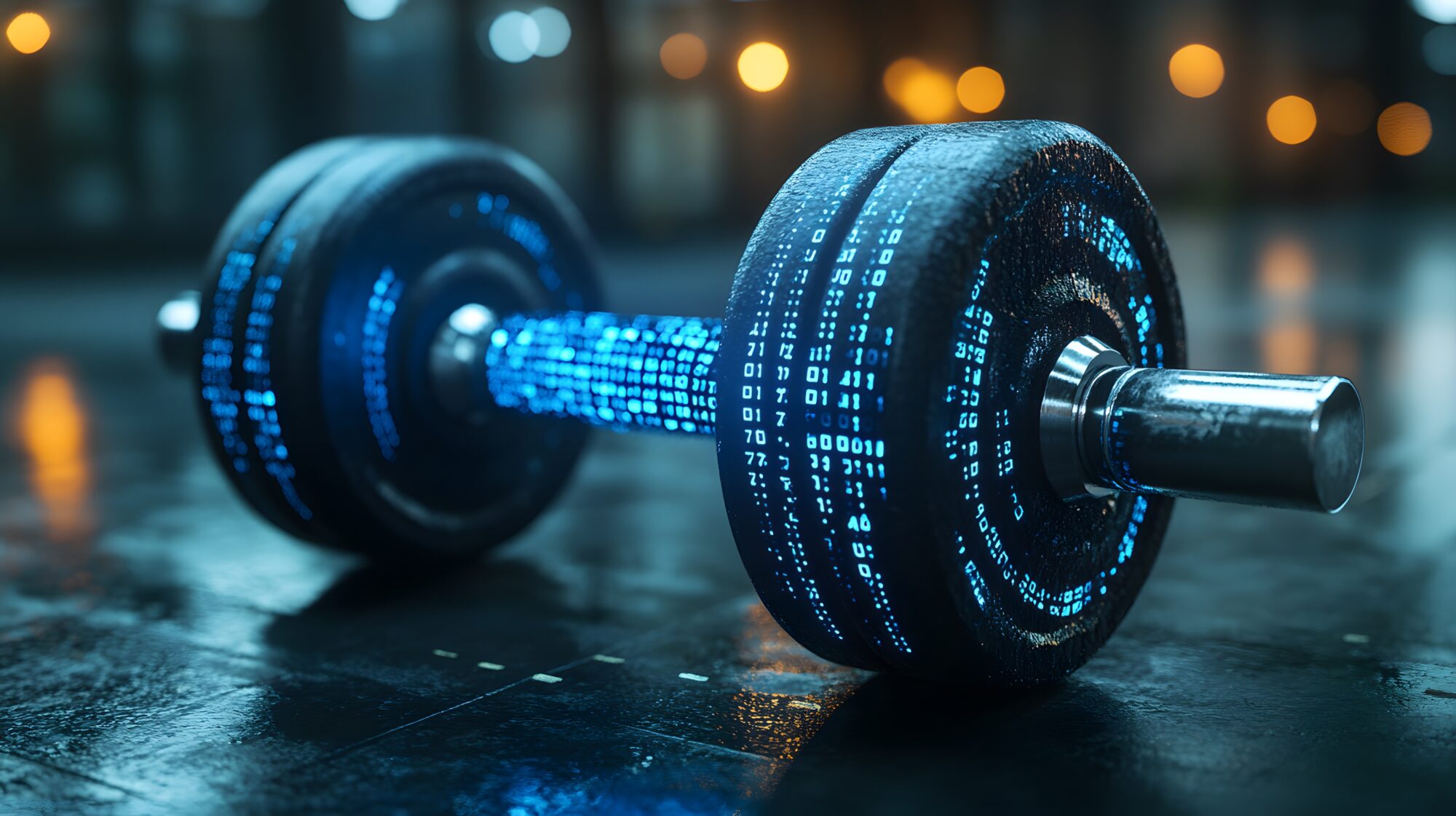Artificial Intelligence (AI) has made remarkable strides in recent years, transforming industries from healthcare to finance. One area where AI is gaining traction is in the world of fitness and personal training. With the rise of AI-driven fitness apps, virtual coaches, and smart workout devices, many are wondering: Can AI truly replace personal trainers? This blog post delves into the strengths and limitations of AI in fitness and explores whether it can ever fully substitute the human touch of a personal trainer.
The Rise of AI in Fitness
AI-powered fitness solutions have become increasingly popular, offering personalised workout plans, tracking progress, and providing real-time feedback. Apps like Freeletics, MyFitnessPal, and Fitbod use algorithms to generate workout routines tailored to users’ goals, fitness levels, and preferences. Wearable devices, such as Fitbit and Apple Watch, leverage AI to monitor vital statistics, count steps, and even analyse sleep patterns. These tools are designed to make fitness accessible and convenient, promising personalised experiences without the need for a human trainer.
The Advantages of AI in Fitness
- Accessibility and Convenience: AI-driven apps and devices are available 24/7, making it easier for people to fit workouts into their busy schedules. There’s no need to book sessions or travel to a gym—your virtual coach is always at your fingertips.
- Cost-Effectiveness: Hiring a personal trainer can be expensive, with session costs adding up over time. AI-powered apps often offer subscription models that are far more affordable, making personalised fitness guidance accessible to a broader audience.
- Data-Driven Insights: AI excels at collecting and analysing data. By tracking your workouts, progress, and even diet, AI tools can offer insights that help optimise your fitness routine. They can identify patterns, adjust recommendations in real-time, and provide detailed reports on your performance.
- Scalability: A human personal trainer can only work with a limited number of clients at once. AI, however, can scale infinitely, offering personalised guidance to millions of users simultaneously.
The Limitations of AI in Fitness
- Lack of Human Empathy: While AI can analyse data and provide feedback, it lacks the human touch. A personal trainer not only designs workouts but also offers encouragement, empathy, and accountability—qualities that are hard to replicate with an algorithm.
- Personalisation Limits: AI can tailor workouts based on data input, but it cannot fully understand the complexities of human motivation, mood, or life circumstances. A personal trainer can adapt on the fly, responding to how you’re feeling on a given day, something AI struggles to do.
- Safety Concerns: A human trainer can correct your form, spot potential injuries, and adjust exercises in real time. While some AI tools offer form correction through video analysis, they are not yet foolproof. Incorrect form can lead to injury, something a vigilant trainer would likely prevent.
- Motivation and Accountability: One of the biggest benefits of working with a personal trainer is the accountability they provide. Knowing that someone is invested in your success can be a powerful motivator. AI apps attempt to replicate this with reminders and notifications, but they lack the personalized connection that can drive people to push harder.
The Future: Collaboration, Not Replacement
So, can AI replace personal trainers? The answer, for now, is no—but it can complement them. AI can handle routine tasks, track progress, and offer personalised recommendations, freeing up trainers to focus on more complex and nuanced aspects of coaching. The future of fitness might see a hybrid model where AI handles the data-driven elements of training while human trainers provide the emotional support, motivation, and expertise that technology cannot replicate.
AI has the potential to democratise fitness, making personalised training more accessible and affordable. However, for those seeking a deeper, more human connection in their fitness journey, personal trainers remain irreplaceable. The best results may come from leveraging both AI tools and the expertise of a skilled trainer, creating a balanced approach that harnesses the strengths of both.
In the end, fitness is not just about physical exercise—it’s about mental and emotional well-being, community, and connection. While AI can enhance the way we approach fitness, the human touch will always play a crucial role in guiding, motivating, and supporting us on our journey to better health.

